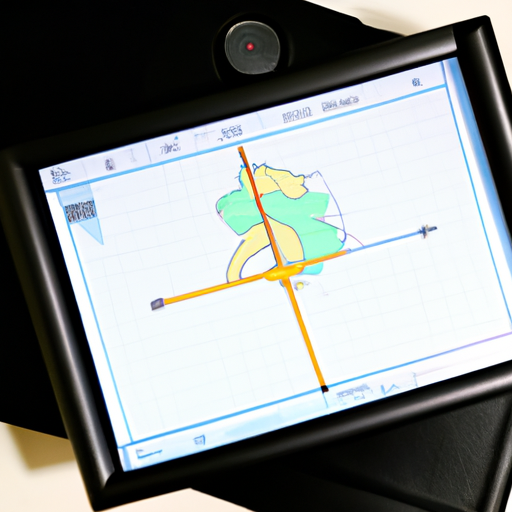In today’s world, where climate change and environmental degradation are pressing issues, sustainability tracking has emerged as a crucial tool for businesses and individuals aiming to reduce their ecological footprint.
Sustainability tracking involves the systematic measurement and analysis of an organization’s or individual’s environmental impact over time. By monitoring various metrics such as energy consumption, waste production, and carbon emissions, stakeholders can gain valuable insights into areas where they can improve and adopt eco-friendly practices.
The Benefits of Sustainability Tracking
- Enhanced Decision-Making: Real-time data allows for informed decisions regarding resource management and operational efficiencies.
- Increased Accountability: Tracking methods foster transparency and can boost consumer trust as brands commit to reducing their carbon footprint.
- Innovative Solutions: By identifying problem areas, organizations can innovate sustainable alternatives in their processes.
Tools for Effective Sustainability Tracking
There are numerous green technology tools available today designed to facilitate efficient sustainability tracking. These tools range from comprehensive carbon footprint calculators to mobile applications that help monitor daily habits. Implementing such tools can significantly enhance a company’s sustainability strategy and align its operations with global environmental initiatives.
Conclusion
As consumers become increasingly eco-conscious, the demand for transparency in sustainability efforts will only grow. Embracing effective sustainability tracking not only aligns businesses with this trend but also promotes better resource management, ultimately contributing to a healthier planet.
By adopting proactive measures and utilizing modern tracking tools, we can collectively pave the way towards a sustainable future.




